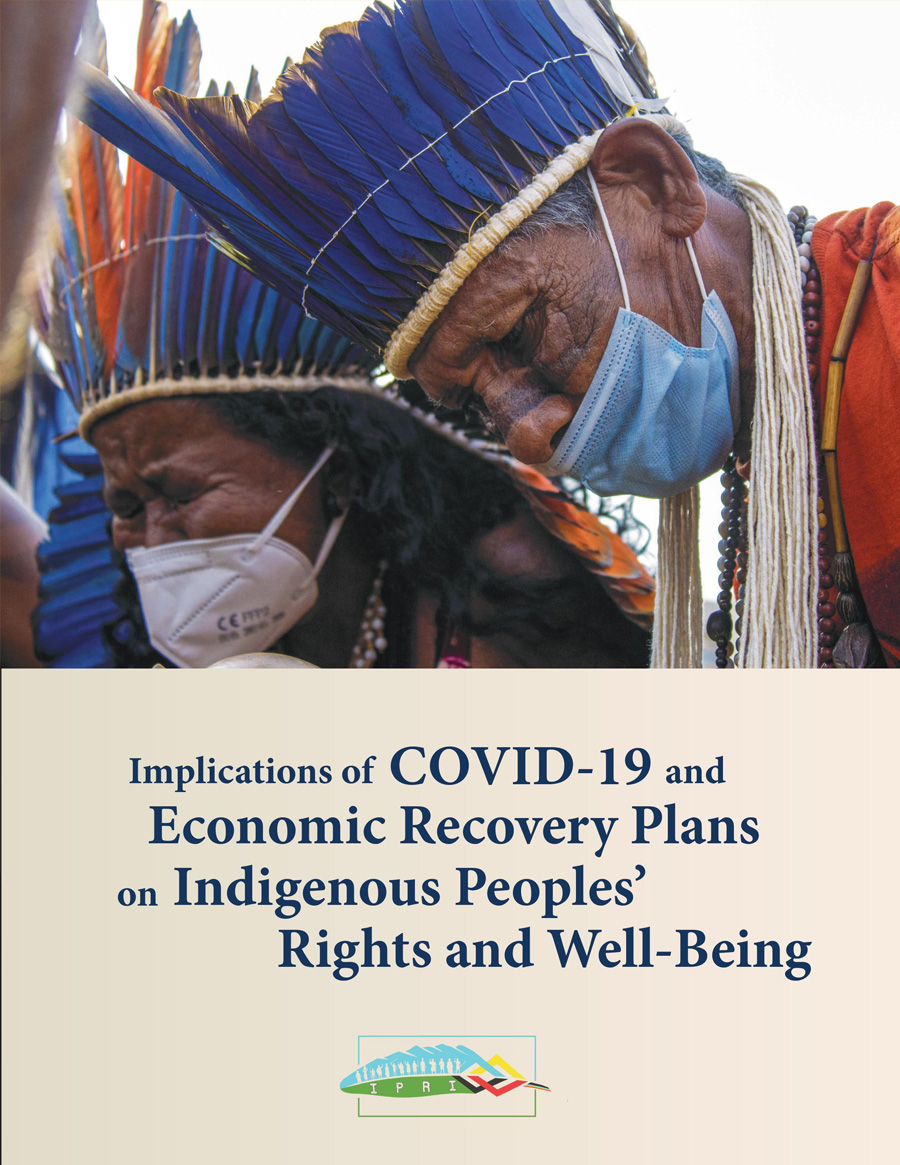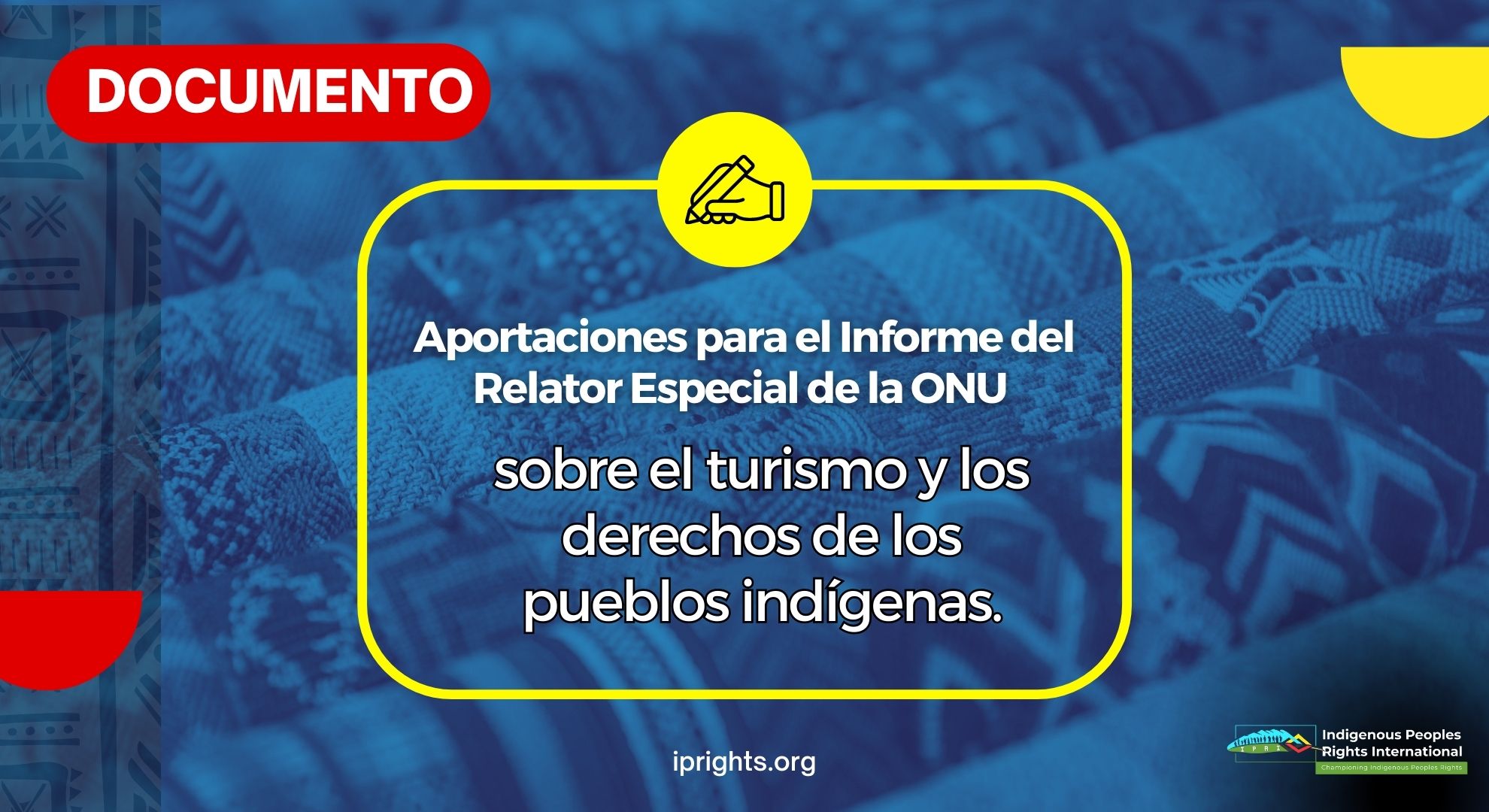The Coronavirus Disease 2019 (COVID-19), which the World Health Organization (WHO) declared as a pandemic in 2020, greatly affected Indigenous Peoples globally, aggravating their pre-existing conditions of racism, discrimination, marginalization, vulnerability, neglect and isolation. On January 19, 2022, WHO recorded more than 332.6 million confirmed cases and 5.6 million dead around the world due to the pandemic.
As of 2019, the indigenous population was estimated to be more than 476 million throughout the world. According to the International Labour Organisation (ILO), majority of Indigenous Peoples live in the Asia and the Pacific region (slightly over 70 per cent), 16 per cent are in Africa, and 11.5 per cent are in Latin America and the Caribbean, while the rest are in Europe and the North America. Disaggregated data on health and economic impacts of COVID-19 are not available but reports from various government agencies, international bodies, civil society groups, and news from indigenous communities provide evidence on how Indigenous Peoples have been disproportionately affected by the pandemic.
The United Nations Office of the High Commissioner on Human Rights (OHCHR) reported that vital gains were being reversed due to the magnitude and scope of inequalities created and exacerbated by the pandemic. These include the rights of Indigenous Peoples, and since the COVID-19 outbreak, numerous reports have cited the disproportionate negative impact on Indigenous Peoples globally.
As of 2019, the indigenous population was estimated to be more than 476 million throughout the world. According to the International Labour Organisation (ILO), majority of Indigenous Peoples live in the Asia and the Pacific region (slightly over 70 per cent), 16 per cent are in Africa, and 11.5 per cent are in Latin America and the Caribbean, while the rest are in Europe and the North America. Disaggregated data on health and economic impacts of COVID-19 are not available but reports from various government agencies, international bodies, civil society groups, and news from indigenous communities provide evidence on how Indigenous Peoples have been disproportionately affected by the pandemic.
The United Nations Office of the High Commissioner on Human Rights (OHCHR) reported that vital gains were being reversed due to the magnitude and scope of inequalities created and exacerbated by the pandemic. These include the rights of Indigenous Peoples, and since the COVID-19 outbreak, numerous reports have cited the disproportionate negative impact on Indigenous Peoples globally.




